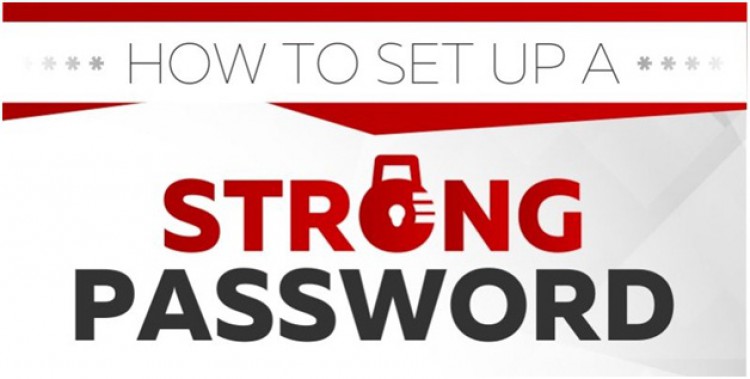
Your password has become the most important thing in your life. Nothing matters more than a secure and robust password as it is protecting every piece of information that is dear to you. A unique and strong password acts as a protective shield against hackers, imposters, and intruders. Due to the evolution of technology, hackers have come up with software which makes it very easy for them to guess passwords. These hacking software, collect all of your important information and act as a password generator by putting forth all the possible passwords. This is precisely why your password should not be obvious and must be unique.
The following are some tips that you must keep in mind in order to create a strong and unique password.
Tip Number 1: Do not make it too obvious.
Your name, your date of birth or anniversary, your partner’s name, pet’s name or your child’s name is the most obvious passwords; hence, you should avoid making this mistake. Another obvious mistake people make is that you should avoid setting up the same password for every account. If a hacker cracks one of your account, then he is definitely going to for your other accounts as well.
Setting up your password as ‘password’ is hilariously foolish and must be avoided at all costs. This is probably the first thing that the hacker will try since they assume people try to be ‘over smart’ by setting up simple passwords. Famous quotes and lyrics should be avoided as well.
Tip Number 2: Use phrases instead of words.
Simple words and numbers may construct a strong password but, it is not entirely unique. Hence, it is better to set up a ‘pass phrase’ instead of a password. A pass phrase is not a longer but is usually up to 20 characters long. You can construct the pass phrase by combining various random words with lower-case and upper-case letters. Furthermore, you can also add a few numbers and special characters or symbols to jazz it up a little. For instance, ‘#S@m1$ag00db01’ can be classified as a strong and unique password for your accounts.
Tip Number 3: Make longer passwords.
Longer passwords which exceed at least twelve characters are harder to crack. Hence, the longer your password is, the secure your account is going to be.
Tip Number 4: Add numbers and symbols.
You may have seen sites which make it compulsory to add symbols and numbers in a password. This is because your password becomes twenty times stronger when it is mixed up with numbers and symbols. However, adding numbers does not necessarily mean that you have a unique and secure password. For instance, if a woman named Susan Johns, born in the year 1985 sets up her password as ‘Susan85*’ then adding a number and a symbol to her password has done no good for her. The password is still very basic and easy to crack. You must use them as a way to construct a password no one could ever guess. As you can see in the example provided in ‘Tip Number 4’, that the numbers and symbols have been used to substitute letters. Hence, you can also use the symbol ‘@’ to substitute ‘a’ or ‘$’ to substitute ‘s.’
Tip Number 5: Your password does not have to make sense.
The more nonsense your password is, the secure it is going to be. No one is going to grammar check your password so be as ridiculous as you can be when setting up a password. However, make sure that it is easy enough for you to remember. For instance, a password like ‘#PuRpl3M@ngo89h0n3y’ can be easily remembered and can be classified as a strong, and unique password.
Tip Number 6: Use upper case and lower case letter.
The last but, definitely not the least in importance rule is to construct your password with a mix of upper- and lower-case alphabets. As you can see in the examples mentioned above, the letter case has been used to trick imposters into guessing your password. Hence, even if someone hears your pass phrase, they can never guess which letter is in upper case and which one is lower case.
